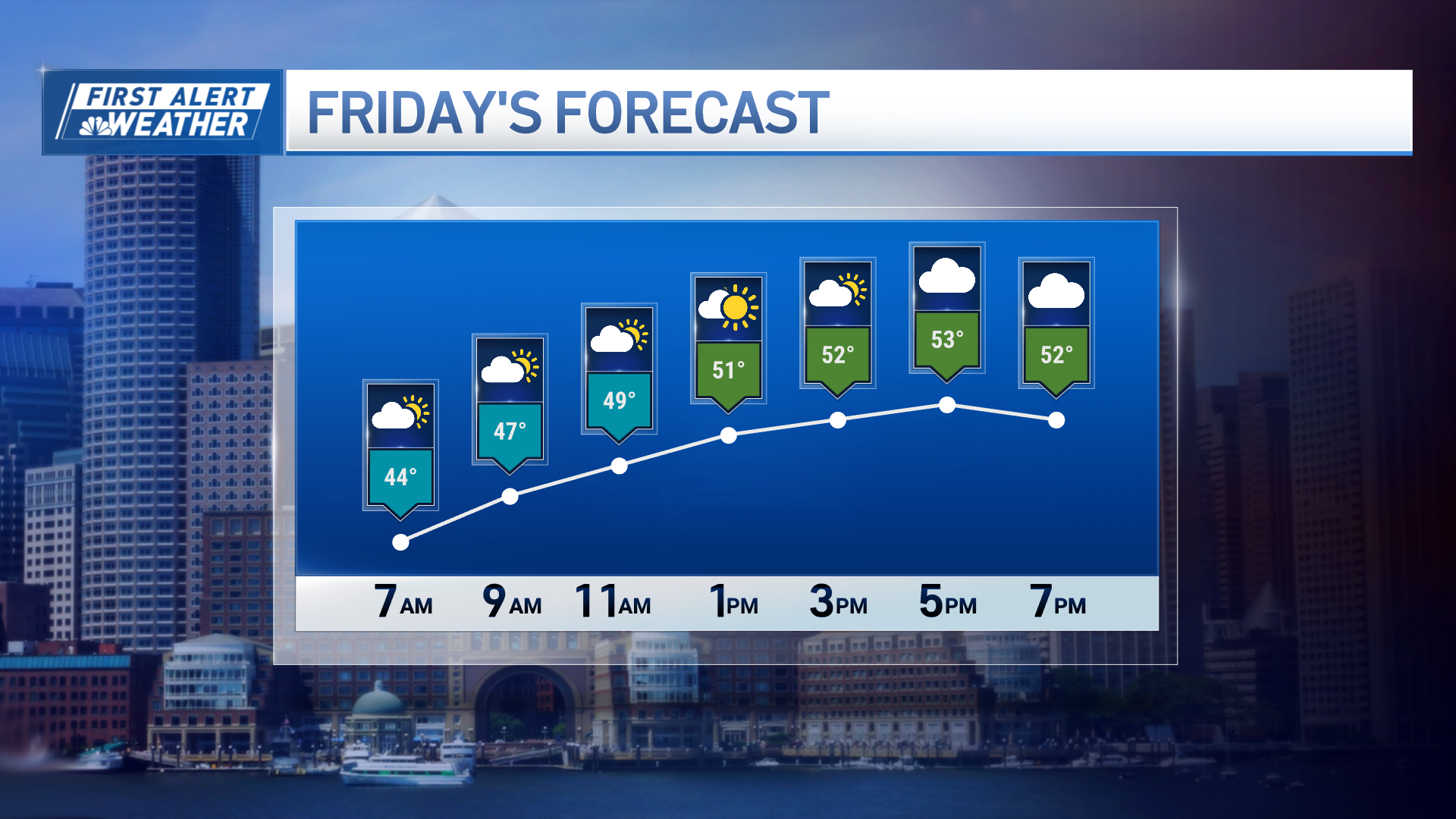The state's highest court has upheld the sentence of a Massachusetts man who as a teenager was convicted of raping and murdering a woman and then drowning her two young children in a bathtub.
The Supreme Judicial Court's unanimous ruling Thursday means Daniel LaPlante, who was 17 at the time of the 1987 killings in Townsend, Massachusetts, will most likely remain behind bars until he's at least 62.
Legal experts have said the court's decision could set a precedent for future juvenile defendants in Massachusetts who are convicted of multiple killings.
"The defendant's sentence is proportional both to the crimes he committed and to his particular characteristics as an offender," wrote Justice David Lowy. He added that LaPlante's sentence gave proper weight "to the fact that he was a juvenile when he committed the crimes."
LaPlante was originally sentenced to three life sentences without the possibility of parole for the killings of his neighbor, 33-year-old Priscilla Gustafson, her 7-year-old daughter, Abigail, and 5-year-old son, William.
Prosecutors said LaPlante entered the home intending to burglarize it. When Gustafson, who was pregnant at the time, returned home and encountered LaPlante, prosecutors say he tied her to a bed, raped and shot her, and then killed the two young children.
Andrew Gustafson discovered the bodies of his wife and children when he came home from work.
Local
In-depth news coverage of the Greater Boston Area.
In 2013, the court ruled it was unconstitutional to sentence juveniles to life sentences without parole eligibility, prompting bids for resentencing from dozens of people who committed murders before they were 18.
LaPlante's sentence was altered to make him eligible for parole 45 years into his sentence.
At a hearing before the court in March, LaPlante's attorney, Merritt Schnipper, questioned whether the current sentence was "pushing up against the functional equivalent of life without parole."
He called for a new sentence that would make his client eligible for parole after 30 or 35 years, offering LaPlante a chance to make his case for release immediately or within a few years.
Prosecutors opposed any change in the sentence, citing the brutality of the crimes.
The high court agreed in Thursday's ruling, saying LaPlante's current sentence does not violate constitutional prohibitions against cruel or unusual punishment.



